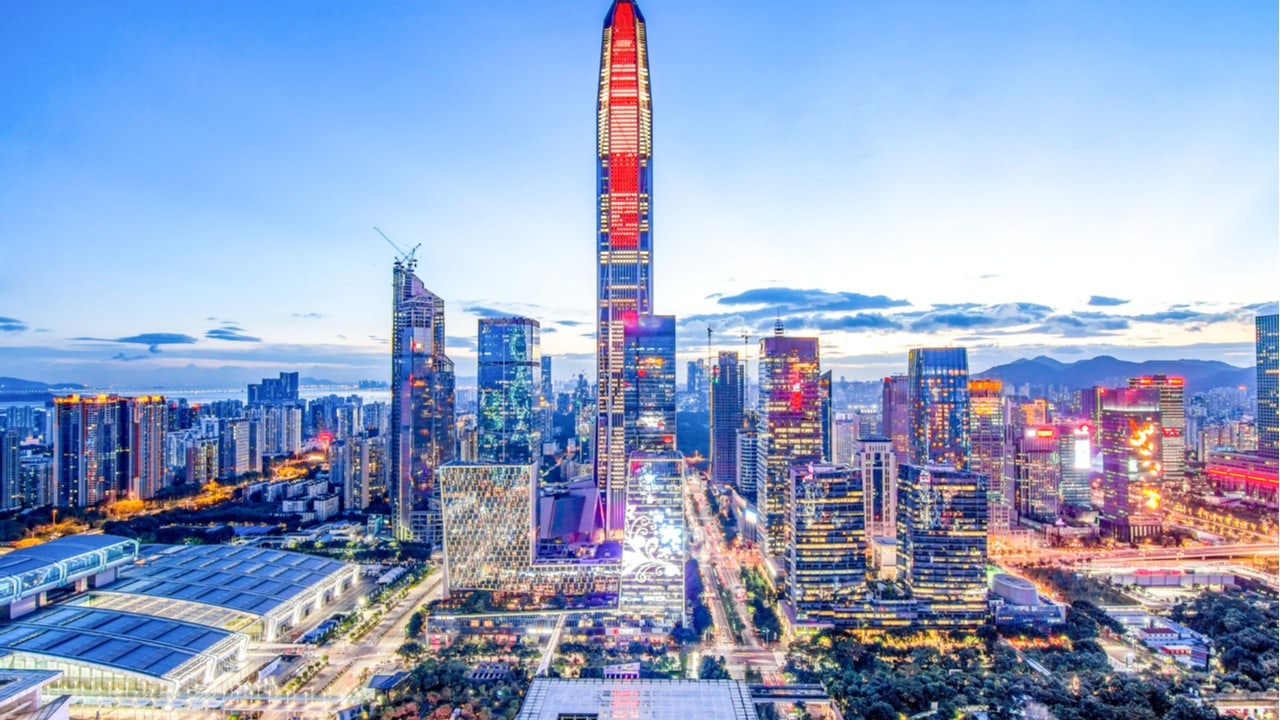The South China Morning Post reported that Shenzhen is keen on embracing Hong Kong in financial integration plans, pushing for a scheme that will enhance cross-border trade and capital flows between the two cities. The policy would allow Shenzhen greater market access to Hong Kong and its wealthy inhabitants.
Having access to a large pool of affluent consumers could further position Shenzhen as a future luxury hotspot. The Chinese city is already seen as a sophisticated luxury destination for Mainland consumers, but the “Silicon Valley of China” had been overshadowed by the international cities Hong Kong, Beijing, and Shanghai until recently.
Bearing in mind the unusual circumstances of COVID-19 and its related challenges and opportunities, analysts wonder if Shenzhen is set to replace neighboring Hong Kong as the new Asian financial and luxury center.
Now, let’s consider if this is achievable in the foreseeable future.
Shenzhen — the newcomer struggles to build an international reputation#
The central government’s plan to make Shenzhen “a global benchmark city” has been widely publicized, but some challenges lay ahead. First, investors see the city as a newcomer, and, thus far, there’s a lack of international reputation and recognition.
Shenzhen did a good job of carving a niche out for itself as a Western-friendly technology hub. But despite past efforts, Shenzhen couldn’t overcome Hong Kong and become the ultimate liaison between Mainland China and the outside world.
Judicial independence, transparency, and capitalism attract foreign investment#
Foreign investors depend on the independence of the “one country, two systems” freedom that Hong Kong offers as well as an openness that cannot be found in other cities under the “political patronage” of China.
Having independent judicial power and a capitalist system helped the metropolis prosper and grow into a thriving financial center. But despite Shenzhen’s helpful geographical location, the city cannot provide a similar scenario.
The benefits of low taxation and free trade#
Foreign investors consider Hong Kong a prosperous, world-renowned tax haven because of its low tax rates and the high level of privacy and financial secrecy found there.
But, Shenzhen received permission to offer favorable tax rates and breaks to highly-skilled employees. And it also drafted a series of preferential policies to help attract global businesses, such as giving grants and business tax exemptions. Nevertheless, Shenzhen still lags behind neighboring Hong Kong in this regard.
Local proficiency in English is an asset#
We cannot understate the importance of English proficiency. As a lingua franca, English has been widely used to facilitate cross-cultural business transactions, and “more and more multinational companies are mandating English as the common corporate language,” according to the Harvard Business Review.
The value of having English as a working language has been widely documented, and the success of Hong Kong or Singapore is inextricably tied up to the local population’s proficiency in English. “English is a critical tool, which people rightly believe will help them tap into new opportunities at home and abroad,” says Christopher McCormick in a Harvard Business Review article.
Conversely, Mandarin or the local Cantonese dialect are complex languages that require a very serious commitment from Westerners who want to learn them. Therefore, we could argue that Shenzhen is being punished for the West’s lack of Mandarin language skills.
The future of Hong Kong as a bridge between the Mainland and the West is surely under threat. But that doesn’t necessarily imply that Shenzhen is going to be Hong Kong’s replacement. It is more plausible to believe that Singapore, or even Bangkok, with its unique tax system, will take on the role of linking East to West.
On the other hand, the young and dynamic Shenzhen will further strengthen its regional role as a major tech, financial, and luxury hub. With its impressive real estate projects, investment-friendly practices, and strong economic growth, the city is on a unique path that is completely different from the Hong Kong model.

